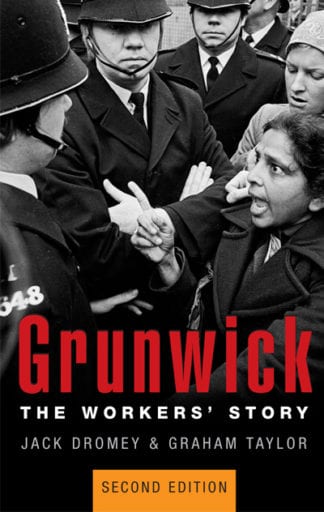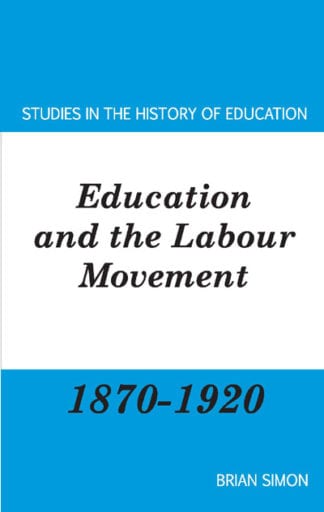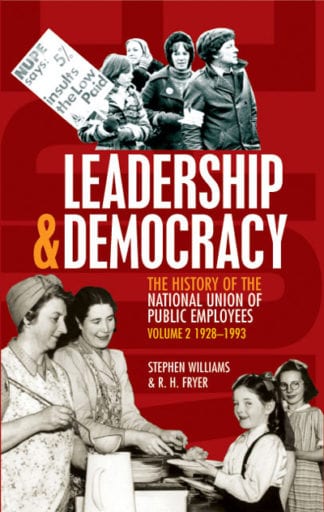‘This timely and authoritative work is a must-read for anyone seeking to understand the social history of industrial relations in Britain since the 1970s. It is rare to be able to describe a book by academic authors as a page turner but Striking Women is a case in point. Revisiting the Grunwick and Gate Gourmet disputes of the 1970s and 2000s, it brings south Asian women workers’ life history narratives right to the forefront, revealing complex and nuanced stories of struggles for justice in the workplace as well as struggles over how the two disputes are remembered, by whom and for what purposes. Interviewing research participants in Hindi and offering a well-informed history of south Asian migration to the UK that takes full account of the different class backgrounds, ages and migration histories of the women involved in the two disputes, the book brilliantly critiques earlier accounts of the Grunwick strike. Yet along the way the authors never lose sight of the wider contexts of deindustrialisation, neoliberalism, declining union membership, or the individualisation of workers’ rights. Nor do they pull any punches regarding the failure of trade unions to consistently support the striking women in the two disputes. The book provides intimate insights into the ways in which gender and ethnicity were used against women in both workplaces, for example through attempts to curtail their action by drawing on what were wrongly assumed to be community-policed boundaries of propriety. By continuing its critique into the period after the 2008 financial crisis Striking Women also offers an expertly-informed indictment of contemporary capitalist employment relations in conditions of austerity and the growth of the “gig economy”.’
Professor Ben Rogaly, University of Sussex
‘This is a compelling study of an often overlooked and stereotyped group of women workers. It gets to the heart of what the Grunwick and Gate Gourmet strikes meant to those involved, and challenges normative assumptions about both South Asian women and women workers. As one sacked Gate Gourmet worker made clear in an interview, “I am not going to sit at home with my hands folded in my lap, am I?” This and other women’s testimonies reveal not only the unjust and intolerable working practices which led them to strike, but also the hardships and complex decisions which followed. Using a feminist and intersectional analysis, the authors conclude that, whilst the trade union movement failed to fully support and keep faith with migrant women workers, the women saw themselves as acting in solidarity in a wider struggle for workers’ rights. Above all, this book succeeds by foregrounding women’s voices and dissecting top-down narratives.’
Professor Kim Knott, Lancaster University





